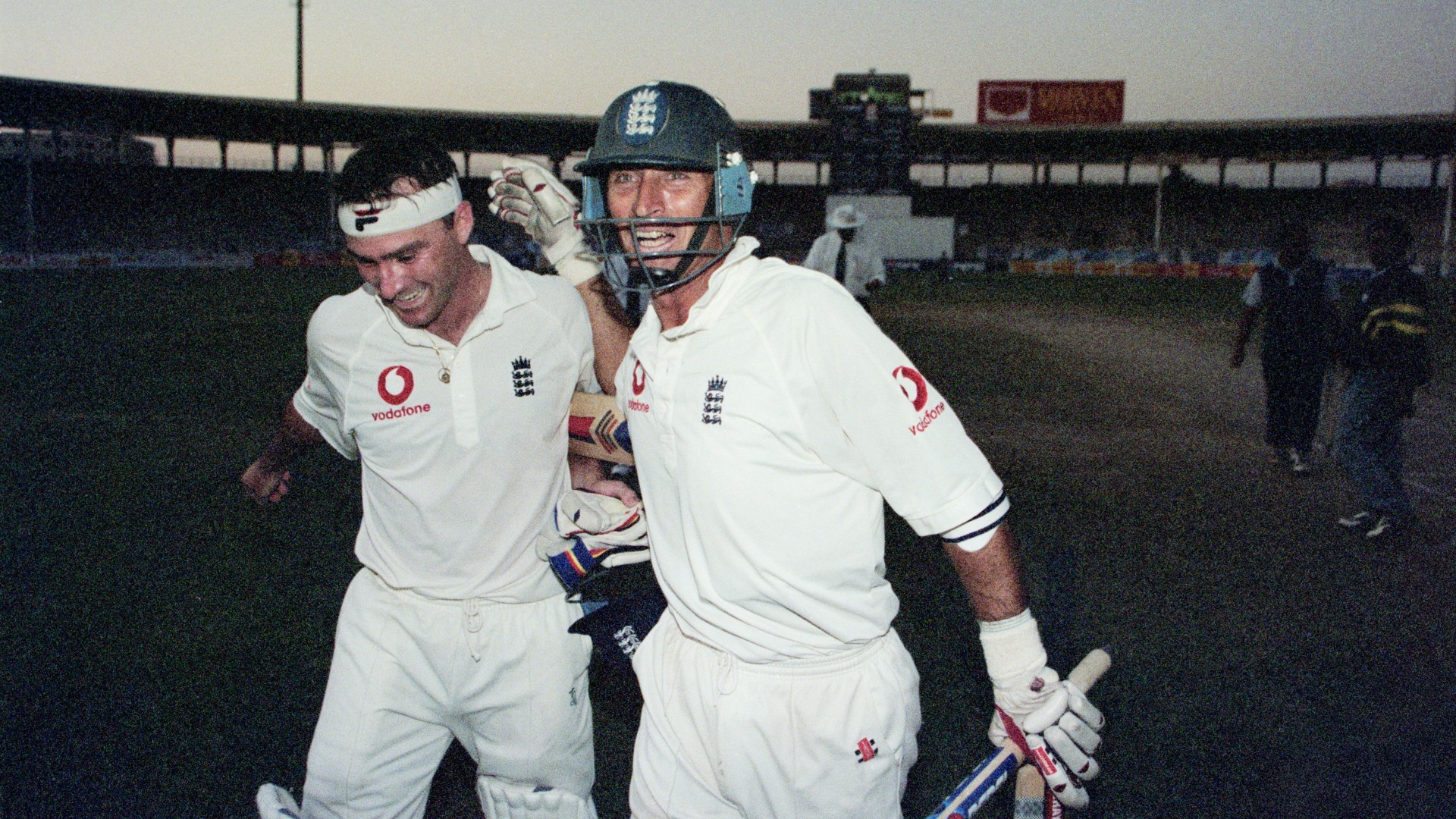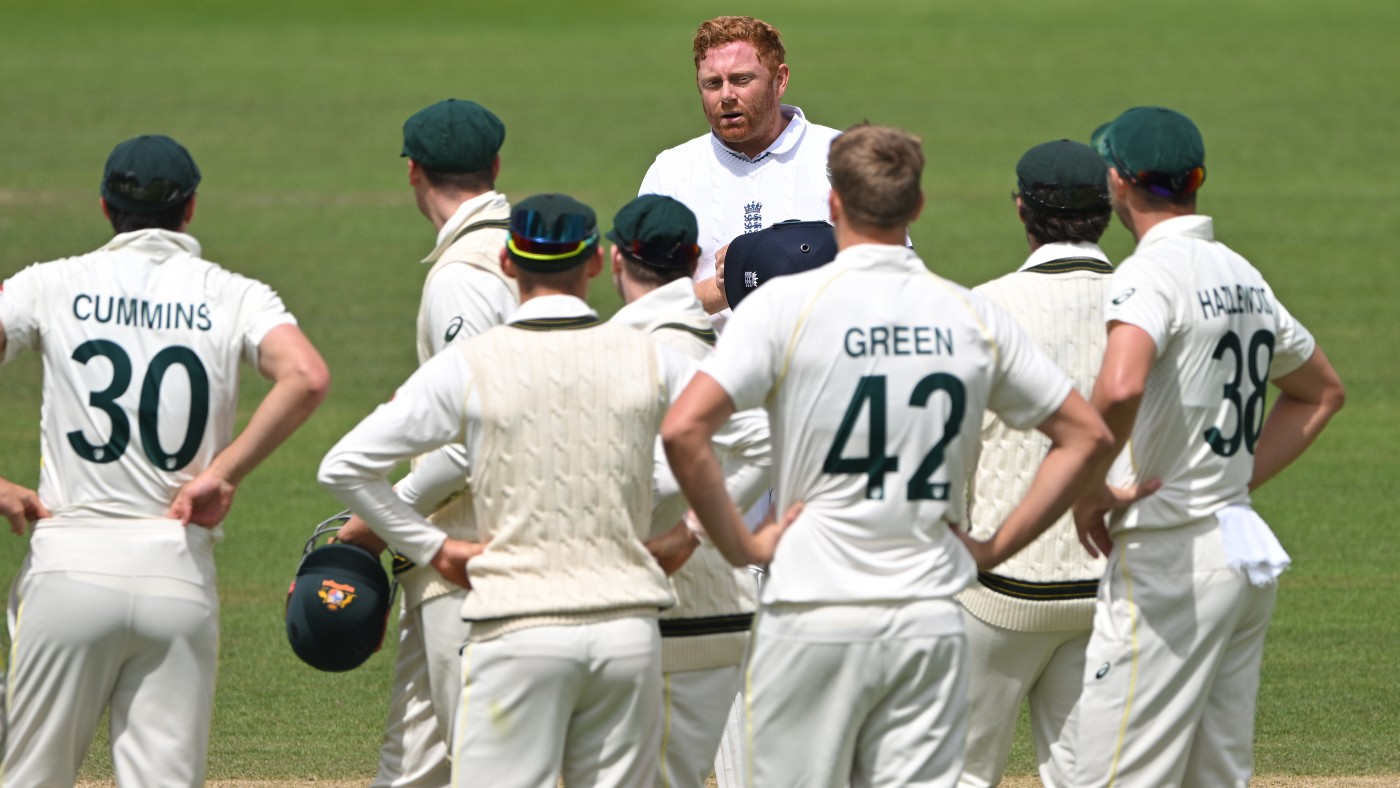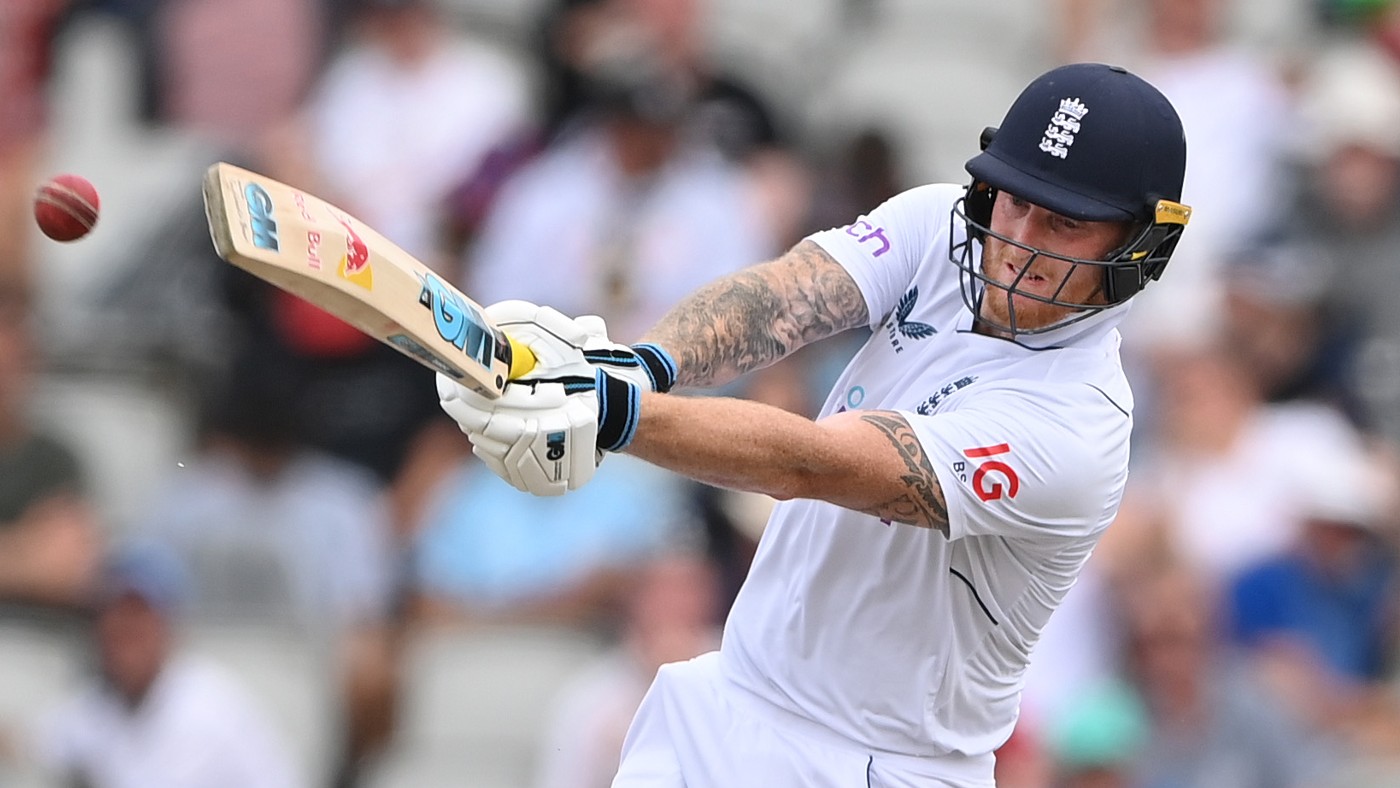England vs Pakistan: Mohammad Amir return ignites incendiary rivalry
Fast-bowler's return after five-year ban divides opinion, but is only the latest episode in teams' rocky relationship

A free daily email with the biggest news stories of the day – and the best features from TheWeek.com
You are now subscribed
Your newsletter sign-up was successful
Fast bowler Mohammad Amir will be centre of attention when England's cricketers take on Pakistan at Lord's on Thursday.
It will be his first Test since serving a five-year ban and three-month prison sentence for [a] spot-fixing[a] at Lord's in 2010, the last time the two teams met.
Amir's return has generated plenty of debate and England captain Alastair Cook has warned him to expect a "reaction" from the crowd when he comes out. Even some of Amir's team-mates refused to practice with him when he was recalled to the international set up earlier this year.
The Week
Escape your echo chamber. Get the facts behind the news, plus analysis from multiple perspectives.

Sign up for The Week's Free Newsletters
From our morning news briefing to a weekly Good News Newsletter, get the best of The Week delivered directly to your inbox.
From our morning news briefing to a weekly Good News Newsletter, get the best of The Week delivered directly to your inbox.
Former England skipper Kevin Pietersen, who played in the now-infamous Lord's Test, is adamant that there should be no way back for players like Amir.
"We are paid to play a sport we love and are damn lucky to lead the life of a professional cricketer," he writes in the Daily Telegraph. "To try and gain an advantage by taking drugs or devaluing your sport by being bribed is breaking the 11th and 12th commandments. There can be no way back."
The players knew how serious the story was when it broke, he adds: "The guys did not shake hands at the end of the Test. We felt empty when we took the wickets to win the match and did not celebrate... The relationship between the two teams was fractured because we all knew the damage it would do to cricket."
However, cricket legend Geoffrey Boycott, also writing in the Telegraph, says it is time to move on and that Amir, then 18, had been corrupted by his captain, Salman Butt.
A free daily email with the biggest news stories of the day – and the best features from TheWeek.com
"All of us who have played cricket are taught from an early age to follow the captain’s instructions... It would be very difficult for a young Pakistani boy, uneducated, at the start of his international career, to disobey his captain.
"If you believe in the rule of law and giving people a second chance then Amir should be allowed to play cricket and lead a normal life."
The match-fixing affair is just the most recent chapter in the "sulphurous" relationship between the England and Pakistan cricket teams, says Andy Bull in The Guardian. Each team has the "peculiar ability to offend the other's sensibilities", he writes.
There have been allegations of cheating, sniping from both sets of players and incidents such as Mike Gatting's showdown with umpire Shakoor Rana in 1987, England's twilight victory in 2000 and the abandoned Test of 2006, when Pakistan were incensed by allegations of ball-tampering. More worryingly, previous Pakistan tours of England have been marred by acts of racism involving fans.
"There's a hope – if not necessarily an expectation – that this summer will turn out to be one of the more uneventful encounters between the two, even with Mohammad Amir’s comeback," says Bull. "In Misbah-ul-Haq and Alastair Cook we have two cool old captains, neither keen to fan sparks into flames. But the truth is, in this incendiary contest, you just never know how it will go."
-
 9 products to jazz up your letters and cards
9 products to jazz up your letters and cardsThe Week Recommends Get the write stuff
-
 AI surgical tools might be injuring patients
AI surgical tools might be injuring patientsUnder the Radar More than 1,300 AI-assisted medical devices have FDA approval
-
 ‘Zero trimester’ influencers believe a healthy pregnancy is a choice
‘Zero trimester’ influencers believe a healthy pregnancy is a choiceThe Explainer Is prepping during the preconception period the answer for hopeful couples?
-
 Ashes to ashes, ducks to ducks: the end of Bazball?
Ashes to ashes, ducks to ducks: the end of Bazball?Talking Point Swashbuckling philosophy of England men’s cricket team ‘that once carried all along with it has become divisive and polarising’
-
 How should the cricketing world handle Afghanistan?
How should the cricketing world handle Afghanistan?Talking Point England under pressure to boycott upcoming men's match against the nation, which remains an ICC member despite Taliban ban on women's team
-
 Graham Thorpe obituary: 'chameleon' batsman with 100 England caps
Graham Thorpe obituary: 'chameleon' batsman with 100 England capsIn depth Cricketer's 'bottle in abundance' endeared him to fans
-
 The Ashes: can England mount a glorious comeback?
The Ashes: can England mount a glorious comeback?feature ‘Herculean’ task follows ugly scenes at controversial second test
-
 English cricket is ‘racist, sexist and elitist’, says independent report
English cricket is ‘racist, sexist and elitist’, says independent reportSpeed Read Chair of governing body apologises after crushing indictment of the sport ‘at all levels’
-
 England are the ‘undisputed kings’ of white-ball cricket
England are the ‘undisputed kings’ of white-ball cricketfeature Ben Stokes scored the winning run as England beat Pakistan in the ICC Men’s T20 World Cup final
-
 Ben Stokes and England set up a ‘grand finale’ against South Africa
Ben Stokes and England set up a ‘grand finale’ against South Africafeature In an old-school Test victory at Old Trafford, England’s captain scored a century and took four crucial wickets
-
 ‘Alarm bells’ for authorities: is there too much cricket being played?
‘Alarm bells’ for authorities: is there too much cricket being played?Talking Point Ben Stokes quitting one-day internationals has sparked a debate over the packed schedule